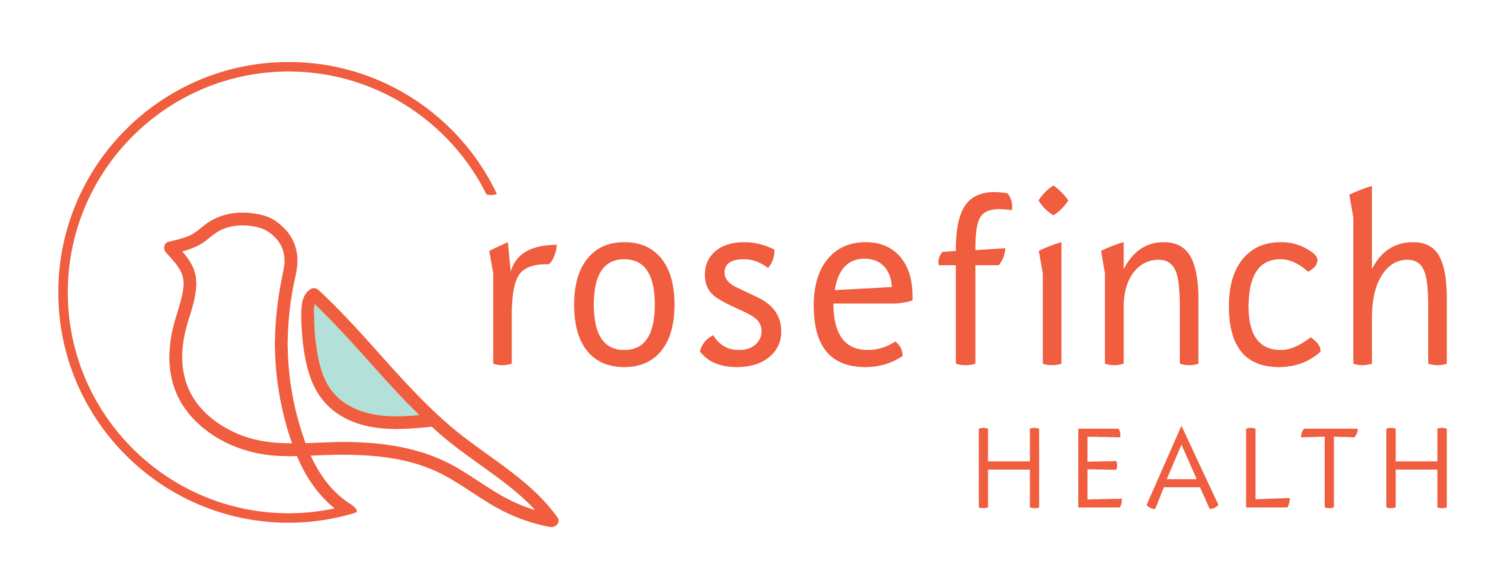Acupuncture helps people through IVF: real stories from a new study
A Quiet Ally in the IVF Journey
When Maya (a pseudonym to protect privacy) first learned she would need in‑vitro fertilisation, the excitement of a possible pregnancy was quickly tangled with a knot of anxiety. She couldn’t help but think of the endless paperwork, the looming costs, and the intimidating schedule of hormone injections. Like many women and people assigned female at birth who embark on assisted reproductive technology (ART), Maya searched for anything that could soften the emotional roller‑coaster. That search led her to a low-tech, low‑risk option: acupuncture.
Maya’s experience reflects the findings of a recent qualitative study published in Fertility and Sterility Reports (Li et al., 2025). The researchers interviewed fifteen IVF patients—women and people with ovaries—between August and October 2022. By listening carefully to their stories, the team uncovered the hidden pressures of IVF and, unexpectedly, the calming effect of acupuncture.
What the Study Revealed
The study grouped patient‑reported factors into negative and positive themes (see Table 2 in the article).
Negative Influences
High financial burden and complex insurance navigation. Participants described spending savings, borrowing money, and moving states to secure coverage.
Unsatisfactory provider-patient communication. Many felt a lack of empathy, unclear explanations, and delayed discussions of test results.
Unpredictable treatment schedules. Sudden cycle cancellations, last‑minute testing or other requirements, and surprise lab draws disrupted work and home life.
Self‑administration of injectable medications: Fear of needles, dosing errors, and inadequate hands‑on training amplified stress.
Positive Influences
Positive provider rapport: Trust grew when clinicians listened, explained options clearly, and celebrated small victories.
Strong social support networks: Partners, friends, online support groups, and fertility forums provided emotional ballast.
Acupuncture and other complementary therapies: All six participants who tried acupuncture reported feeling calmer, less anxious, and more hopeful.
The authors emphasized that, despite the small sample size and single‑center design, the rich, narrative data offered a window into the lived IVF experiences that numbers alone cannot capture.
Why Acupuncture Stood Out
Acupuncture was not presented as a miracle cure for infertility. Instead, participants described it as a stress‑relief tool that helped them stay mentally steady during a physically demanding process. One participant summed it up succinctly:
“Desperation. They don’t medically recommend it, but they don’t not recommend it. It’s not part of your medical plan, but they kind of think you should go.”
Another shared that acupuncture “provided relaxation, stress relief, addressed anxiety, and increased energy levels.” Because the therapy carries minimal risk, many patients felt comfortable trying it even when their clinics gave no formal endorsement.
From a physiological standpoint, acupuncture may modulate the autonomic nervous system, downregulating an overactive nervous system and potentially lowering cortisol levels. It also floods the body with endorphins to help induce a sense of calm and reduce pain. The calming effects also have a downstream influence on improving blood flow to the reproductive organs. While trials on pregnancy outcomes with acupuncture show benefits when compared with no treatment, the comparison to sham or placebo controls is less clear. You can learn more about that here. Still, the subjective benefits of greater calm, better sleep, and a sense of agency appear consistent across the study’s analysis.
The Bigger Picture: Navigating IVF Stressors
Maya’s story illustrates how acupuncture fits into a broader strategy for coping with IVF’s challenges. The study’s participants repeatedly highlighted three systemic pain points:
Cost and Insurance:Even in states with mandated coverage, eligibility criteria, copays, and age limits create financial strain.
Communication Gaps: Delayed or vague explanations left patients feeling “in the dark,” especially after unexpected test results.
Logistical Uncertainty: Last-minute changes to cycle dates or medication schedules forced patients to rearrange work, childcare, and travel plans.
When clinics address these issues by offering transparent billing, proactive outreach, and flexible scheduling, the overall patient experience improves dramatically. Yet, until such systemic reforms become universal, many people will continue to lean on personal coping mechanisms, and acupuncture is a popular choice.
How Acupuncture Can Be Integrated Safely
If you’re considering acupuncture alongside IVF, here are practical steps drawn from the study’s participants:
Choose a Licensed Practitioner: Verify their credentials, preferably with experience treating patients with fertility issues.
Coordinate with Your Clinic: Share your acupuncture schedule with your reproductive endocrinologist so they can monitor any potential medication interactions.:
Set Clear Goals: Whether you seek fertility support, pain reduction, or mood stabilization, clearly articulate your expectations to your acupuncturist.
Acupuncture is an evidence-based complement to biomedical fertility treatments like IVF and ovulation induction cycle with or without IUI. Many acupuncturists specializing in fertility will focus on the whole picture with nutrition and lifestyle support. The aim is to help you achieve your goals of pregnancy and, ultimately, the delivery of a healthy baby.
Limitations of the Study
While the narratives are compelling, the research has important constraints:
Small Sample Size – Only fifteen participants were interviewed, limiting statistical generalizability.
Qualitative Design – The study captures depth of experience but does not quantify how many IVF patients benefit from acupuncture. Still, documenting their experiences was the aim of the study.
Single Geographic Region – All participants were recruited from one health system in Massachusetts, which may or may not reflect experiences in other states or countries.
Potential Selection Bias – Volunteers who agreed to be interviewed might already be more engaged with their care or more open to complementary therapies.
Future research with larger, multi‑center cohorts and controlled trials will be essential to determine whether acupuncture can influence IVF success rates beyond its psychological benefits. One recent study found IVF patients who added acupuncture and Whole Systems Traditional Chinese Medicine experienced important reductions in patient-reported outcomes like pain, anxiety, and stress.
Takeaway for Readers
For anyone navigating IVF, your journey will likely involve a mix of medical rigor and personal resilience. This small 2025 qualitative study reminds us that, despite systemic hurdles such as cost and communication, safe and patient-centered interventions , like acupuncture, can make a tangible difference.
If you feel overwhelmed by the hormonal injections, waiting rooms, or financial concerns, consider trying acupuncture as a low-risk, supportive option. Combine it with open communication with your fertility team, lean on trusted friends or online support groups, and keep track of what helps you stay calm and hopeful. Your emotional well-being is essential for a successful IVF experience. Sometimes, a gentle needle can be the quiet ally you didn’t realize you needed.
Have questions or want to learn more about how acupuncture might help you on your family-building journey? Email us. Dr. Lee Hullender Rubin, DAoM, MS, LAc, FABORM is a deeply experienced and effective fertility acupuncture specialist in Portland, Oregon.


